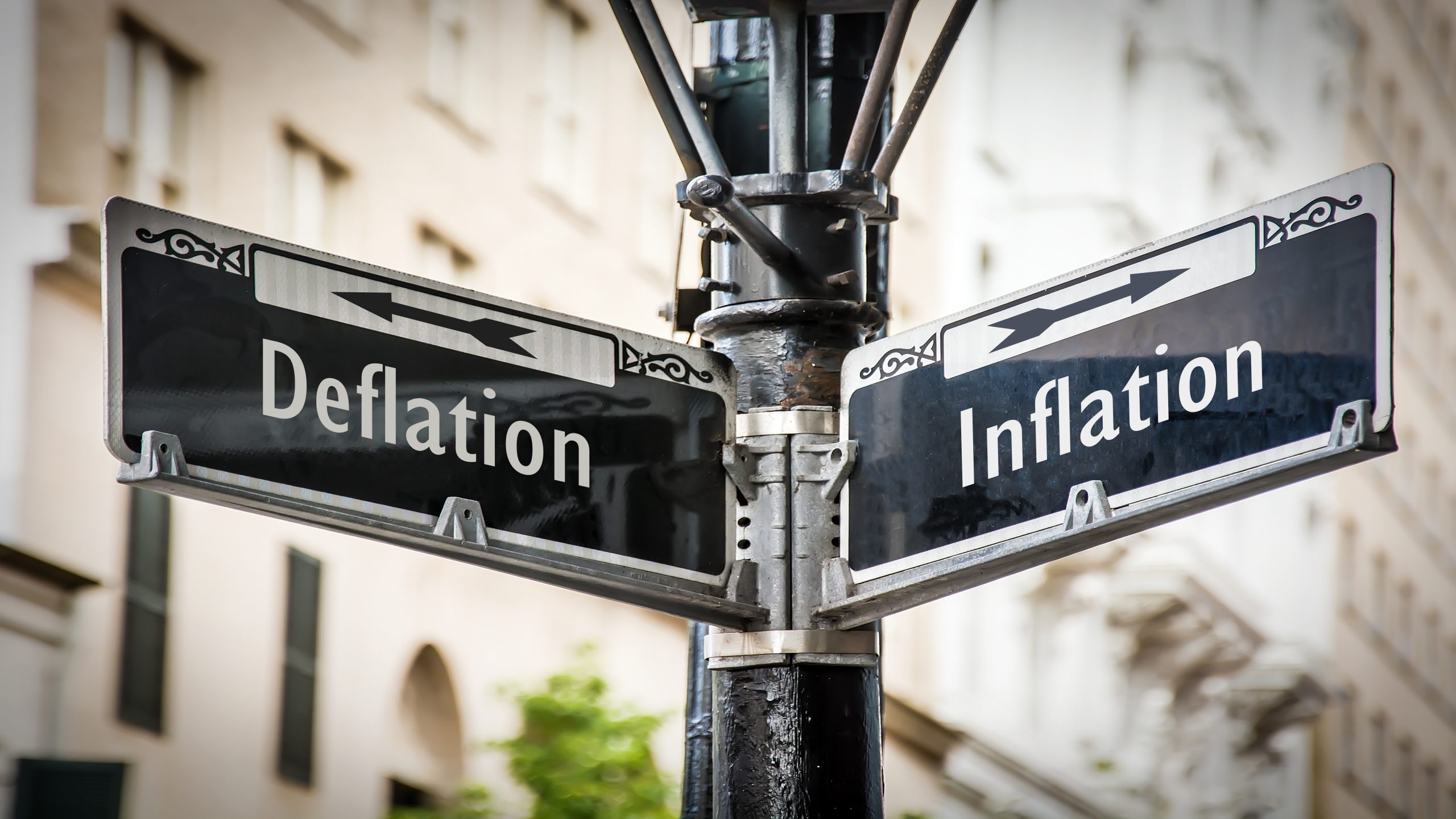- CPI inflation fell back to 3.1% in September according to latest data from the ONS
- The data doesn’t include prices from the petrol pump crisis
- Markets are now expecting a November interest rate rise
- Inflation is still a threat, but it’s also important to maintain perspective
Laith Khalaf, head of investment analysis at AJ Bell, comments:
“Inflation dropped back slightly in September, largely because the effects of last year’s Eat Out to Help Out scheme fell out of the annual calculation. The latest numbers don’t include the petrol pump crisis or the most recent surge in energy prices, or indeed the knock on effects across the economy, so inflation will still get worse before it gets better. Inflation is also being broadly felt, seeing as the biggest drivers are housing and transport costs, which are unavoidable for almost everyone in the country.
“However the surprise fall in inflation shows how volatile readings can be over short periods, and serves as a warning not to count too many inflationary genies before they are hatched. This is particularly pertinent at the moment given the extraordinary levels of disruption caused by the pandemic, which have distorted prices, in both directions, in the last eighteen months.
“The dubious reliability of the data was one reason for the Bank of England to hold fire on interest rate rises, but recent rhetoric coming from the Bank suggests the energy crunch has prompted a reappraisal of the scale and duration of inflationary pressures. The result is the market is now pencilling in an interest rate rise in November, though seeing as only a month ago the Bank’s interest rate committee voted unanimously to keep rates on hold, it could take a bit longer for the requisite number of doves to sheepishly convert into hawks. This latest moderation in inflation will also pour cold water on the case for immediately tighter monetary policy.
“It’s also important to maintain perspective around the current inflationary environment. Parallels have been drawn with the 1970s, when inflation was over 10% for four whole years and peaked at 27% in 1975 (as measured by RPI). This was extremely corrosive and self-fulfilling inflation, as it was deeply embedded in consumer and business expectations. By contrast, CPI inflation has now been at or slightly above the Bank of England’s 2% target for just five months, so comparisons with the 1970s are somewhat premature. CPI inflation was at similar levels to today at the back end of 2017, and rose above 4% in 2008 and 2011. The 1990s started with a couple of years of inflation between 5% and 8%. So we aren’t in uncharted territory looking back at more recent history either.
“Granted price rises can still be uncomfortable, but we haven’t yet really tested the Bank of England’s judgment that price rises are temporary, which makes the recent shift to more hawkish rhetoric surprising. It could be that in the last month, the Bank has identified new data that seriously undermine the case for price rises being transitory, and tighter monetary policy is imminent. But we shouldn’t rule out the possibility than in the cold light of day, the interest rate committee decides it needs more time to assess the economic situation before raising interest rates, particularly given the peculiar circumstances created by the pandemic.”
















